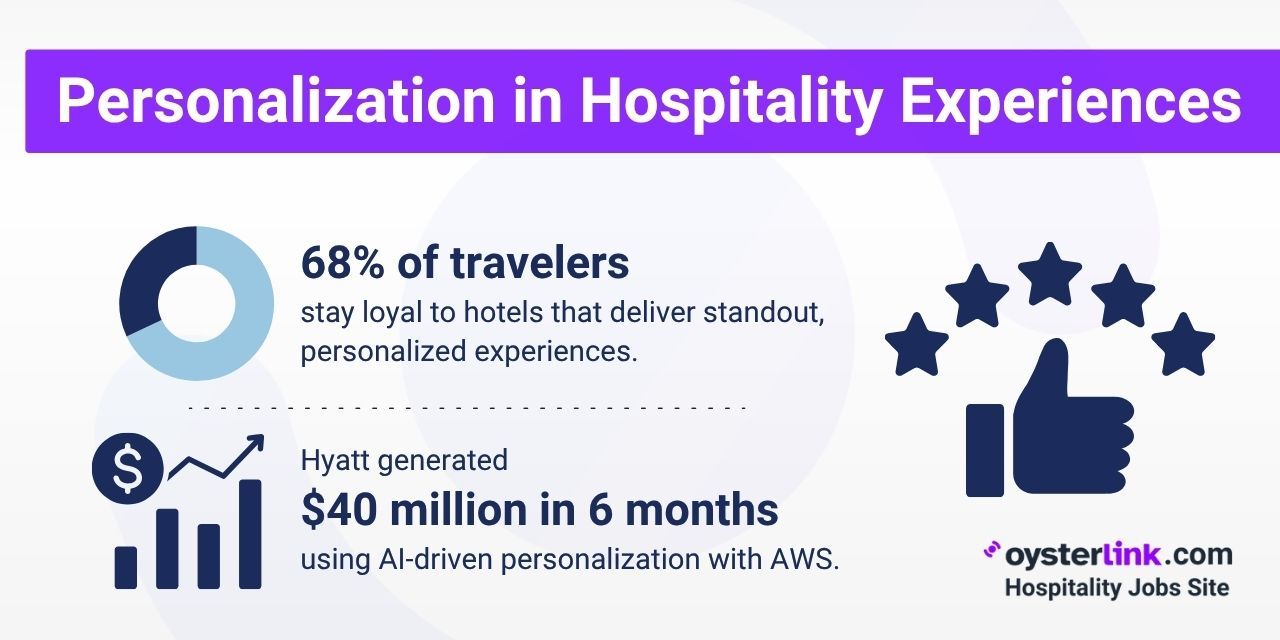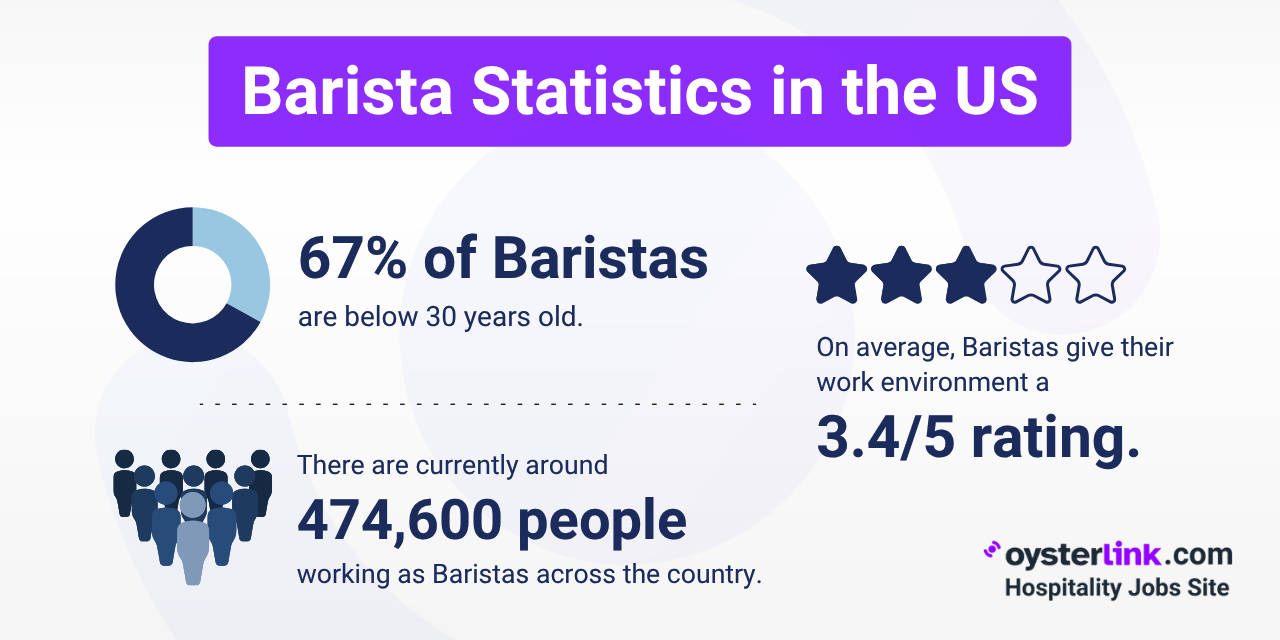Nevada Cost of Living: Quick Takeaways
- Housing Costs: The average rent for a one-bedroom apartment in Nevada rose steadily to about $1,250 in 2025.
- Transportation Expenses: Public transit fares are reasonably affordable with one-way fares at $2.00 and monthly passes at $65; fuel prices average $3.71 per gallon.
- Healthcare Costs: Healthcare premiums are more affordable than the national average with employer-sponsored insurance costing around $307 monthly.
- Income Levels: The median household income is projected to reach $70,000 in 2025, showing steady growth over the past decade.
Nevada's cost of living in 2025 reflects changes across multiple expense categories including housing, transportation, and healthcare.
This article breaks down expenses in detail to help residents and potential movers understand financial considerations in Nevada.
Housing Costs in Nevada
Housing costs represent a significant share of expenses in Nevada. Below is a historical perspective on average rent for a one-bedroom apartment:
- 2010: Approximately $800
- 2015: Around $950
- 2020: Approximately $1,100
- 2024: Reached $1,200
- 2025: Projected to be $1,250
This data indicates a consistent increase in rental prices over the past 15 years, reflecting growing demand and market changes in Nevada.
Homeownership and Real Estate Trends in Nevada
Homeownership remains a crucial factor in assessing cost of living. The median home prices have evolved as follows:
- 2010: Median home price was approximately $150,000
- 2015: Increased to around $200,000
- 2020: Approximately $300,000
- 2024: Reached $454,694
- 2025: Projected to be $460,000
These figures demonstrate significant appreciation in Nevada's real estate market, impacting affordability for prospective homeowners.
Understand more about hospitality real estate market trends for broader insights in related industries.
Transportation Expenses in Nevada
Nevada's transportation costs include public transit, fuel, and vehicle upkeep:
- Public Transit: One-way fare averages $2.00, with monthly passes costing $65.00
- Fuel Costs: Average price per gallon is $3.71 in 2025
- Vehicle Maintenance: Annual cost is around $1,200
These costs can vary depending on personal commuting choices and vehicle type.
Utility Costs in Nevada
Monthly utility expenses for an average household include:
- Electricity: Around $226.90
- Internet Services: Approximately $60.00
- Total Utilities Monthly: About $286.90
Utility expenses are notably higher compared to national averages, influenced by climate and consumption habits.
Grocery and Food Expenses in Nevada
The typical monthly grocery expense per person is estimated at $614. Dining out prices vary:
- Casual Meal: Approximately $15
- Mid-Range Restaurant Meal: Around $50
Food costs are modestly above the national average, making budgeting for meals important for residents.
Restaurants in Nevada are impacted by inflation in the restaurant industry which influences menu prices and operational costs.
Healthcare Costs in Nevada
Healthcare expenses in Nevada include:
- Employer-Sponsored Health Insurance: Around $307 monthly per individual
- Silver Plan Monthly Premium: Approximately $500
Healthcare costs are 11% below national averages, reflecting lower premiums and access to plans.
Educational Expenses in Nevada
Education expenditures vary depending on the type of schooling:
- Public Schools: No direct tuition cost
- Private School Average Tuition: Around $10,000 annually
- In-State University Tuition: Approximately $7,000 per year
Families should consider these figures when planning for educational commitments.
Entertainment and Leisure in Nevada
Nevada offers various entertainment options with associated costs:
- Movie Ticket: Around $12
- Gym Membership: Average cost of $40 per month
- Dining Out at Mid-Range Restaurants: Approximately $50 per meal
Annual expenses include roughly $2,000 on entertainment and $600 on personal care services.
Taxes and Miscellaneous Fees in Nevada
Understanding Nevada’s tax environment is essential:
- State Income Tax: Nevada imposes no state income tax
- Sales Tax: The total sales tax rate is approximately 6.85%
- Property Tax Rate: About 0.77% annually
These taxes influence the overall cost landscape for residents and businesses.
Childcare and Family Expenses in Nevada
Families with children have various expenses including:
- Daycare Services: Average cost of $748.75 per month
- After-School Programs: Around $300 monthly
- Extracurricular Activities: Approximately $100 per month
These costs factor significantly into family budgeting.
Clothing and Personal Care in Nevada
Monthly expenditures include:
- Clothing: About $100
- Personal Care Products and Services: Approximately $50
These values reflect typical consumer spending habits in Nevada.
Insurance Costs in Nevada
Insurance policies contribute to overall living costs:
- Health Insurance Monthly Premium: Around $500
- Auto Insurance Annual Premium: Approximately $2,050
- Homeowners Insurance Annual Premium: About $1,000
- Renters Insurance Annual Premium: Roughly $200
Insurance rates vary depending on coverage and location specifics.
Miscellaneous Expenses in Nevada
Additional annual expenses include:
- Entertainment Costs: Estimated at $2,000
- Personal Care Services: Around $600
- Miscellaneous Goods and Services: Approximately $700
These expenses fluctuate with individual lifestyle preferences and consumption patterns.
Income and Salaries in Nevada
The median household income has grown over the years as follows:
- 2010: Approximately $50,000
- 2015: Around $55,000
- 2020: About $60,000
- 2023: Approximately $65,000
- 2025: Projected at $70,000
This steady income growth helps offset increasing living costs.
Employers and hospitality managers in the area can learn effective hiring tips for hotel managers to adapt to this evolving income landscape.
Comparison with National Averages
Comparing Nevada to national averages reveals the following:
- Overall Cost of Living: At national average (index 100)
- Housing: 6% higher than national average
- Utilities: 8% higher
- Food: 4% higher
- Healthcare: 11% lower than national average
- Transportation: 18% higher
- Goods and Services: 14% lower
These figures highlight areas where Nevada is relatively more or less expensive than the national norm.
Our Methodology for Nevada Cost of Living Figures
We compile data from reliable sources including Numbeo, BLS, Zillow, Statista, MIT Living Wage Calculator, and government reports.
Where precise data is unavailable, we estimate based on regional trends and related metrics to provide comprehensive insights.
Nevada Cost of Living: Conclusion
Nevada's 2025 cost of living presents a balanced but varied financial landscape with rising housing costs and higher transportation expenses.
Healthcare remains more affordable than average while utilities and groceries trend higher. Median income growth helps mitigate living expense increases.
A thorough understanding of these dynamics assists residents and newcomers in better financial planning and lifestyle choices in the Silver State.
For restaurant owners and hospitality employers in Nevada looking to attract and retain talent amid these economic conditions, resources such as restaurant staff hiring strategies and employee turnover reduction techniques can be invaluable.




.jpg)